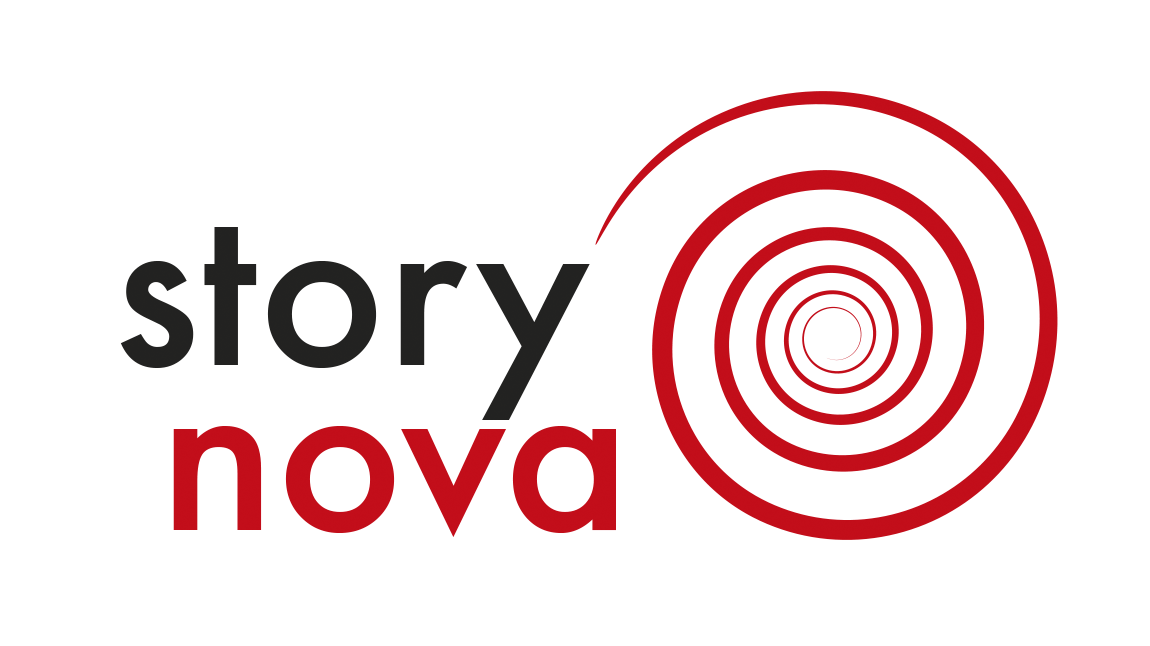Blank Stares
I am an adjunct professor at the Paris College of Art. I teach graduate Fashion Film and Photography students to take charge of their professional stories as they dip their toes in the fashion world, where strong opinions reign supreme. Showing their work means exposing themselves to critical eyes and piranha-like teeth. Or at least that’s what it feels like a lot of the time. It’s only natural for them to look for safety behind shields, defenses, and metaphorical masks. My job is to help my students reveal their work as authentically as possible. And to reveal their work, they must reveal themselves by shedding their defenses and symbolically remove their symbolic masks.
This year, however, in addition to metaphorical masks, my students are wearing real ones. Each week I look out at peering eyes set in faces I’ve never seen, and I realize just how much I count on facial expressions to get a good read of the group. I feel less equipped than usual, less in command. At least, this is the story I tell myself: a story of discomfort and uncertainty. And my inner story goads me to overcompensate, over-check, over-worry.
Thankfully, there are a couple of other stories at my disposal, too.
The first story is one of empathy. I’m being viscerally reminded of what my students experience when they have to share their work. In my own body, I feel the buzz of anxiety and the churn of insecurity. Imagining myself in my students’ skins, the buzz and churn go up several notches, and I get closer to the intensity they tell me they feel.
The second story points out that, ultimately, I can never know what another person is thinking. The pandemic masks that my students wear invite me to let go of my desire to be a good reader of others’ thoughts and feelings. And if I let go, I relax and I actually do my job better.
What’s true in the classroom is also true in the workplace. Masks are taking away many of the visual cues we rely on to communicate. Even when we can see each other’s faces on a video conference, there are other cues that we can miss. Degree of focus, tone of voice, body language — things we might pick up effortlessly when we’re face-to-face can throw us for a loop over Zoom. It’s one of the reasons we experience Zoom fatigue.
All of this is more destabilizing than we tend to acknowledge.
When we don’t get the conversational feedback we expect, we start fretting about our effectiveness. We look to others for reassurance. We act more confident and in control than we feel. We try to keep everything positive and upbeat. We draw up our defenses, and we pull on our metaphorical masks on top of our real ones.
We deepen our narrative intelligence when we pay attention to all of our stories, the ones that come from our fears and the ones that come from our hopes. Every story tells us something of value. And we deepen our narrative intelligence further when we choose which stories we want to enact in the world. Masks on, or masks off? It makes a big difference.
